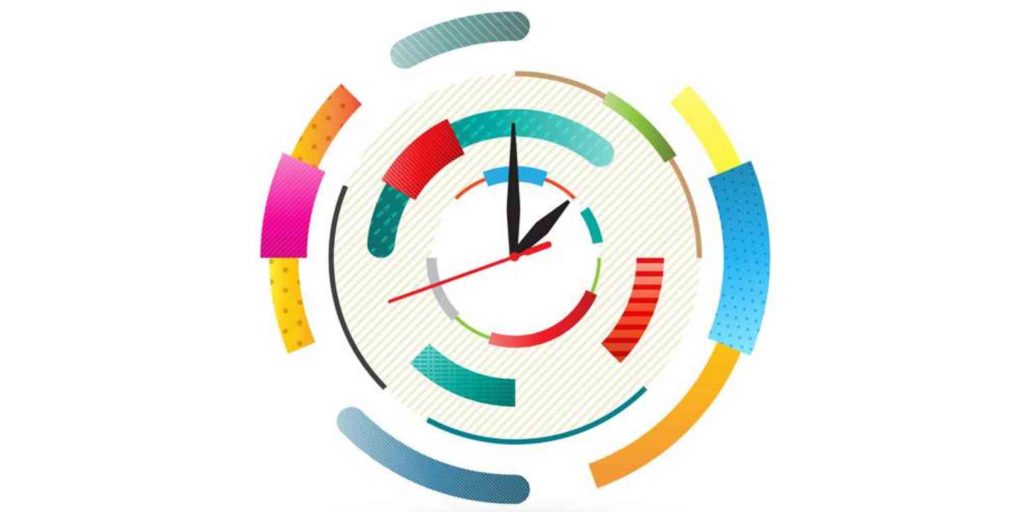Time is running – every day, every minute and every second. Even though it is the same for individuals without ADHD (24 hours a day, 60 minutes an hour), every person experiences it differently, depending on the activity. But for a women with ADHD, it is necessary to plan tasks therefore to know how long every step in a task/project takes.
Trying to estimate a minute is easy when you count to 60. But even with this trick, women with ADHD can often miss the exact second. Trying to estimate a longer time period is getting more difficult, especially when there are distractions all around. During the day there are a lot of other tasks to concentrate on. After completing a project, it is tricky to tell how long each step took. A day with nothing to do feels much longer than one with a single, important task/project to manage. With that being said, for you to get a better sense of where you spend your time, track one or two of your tasks (laundry, errands) for two weeks. You can do this by setting a timer and writing down any and all distraction on what got in your way of getting the task done. In order to get better at estimating your time, you use the method below to track your different tasks for two weeks.
-Write the name of the task/project
-Estimate the time you think it will take to accomplish that task/project
-Look at clock at the start and end of the task/project or use a timer, and record the time it actually took you to accomplish the activity.
-What got in your way (distracted you) while you were doing your task?
-How you can change your approach in order to do your task more effectively?
Yes, you can definitely get better at estimating time by just practicing and never giving up. However, life happens and things are going to come up unexpectedly And, because transitions — starting, stopping, switching between tasks — are so hard for adults with ADHD, these surprises probably really throw you off. (for more information on transitioning check out my blog The Trouble With Transitions: Task Switching and Women with ADHD https://www.neverdefeatedcoaching.net/the-trouble-with-transitions-task-switching-and-women-with-adhd/ ) While you can not anticipate the exact time of the distractions, there are ways you can account unexpected which I will discuss more in my blog next week.
In closing, when you gain an understanding of how much time you spend on a task/project and having a strategy like the one I mentioned above can really help women with ADHD manage your daily tasks, be more productive and keep your commitments
